- No latest notices available. Tap 'View Notice' to see earlier announcements.
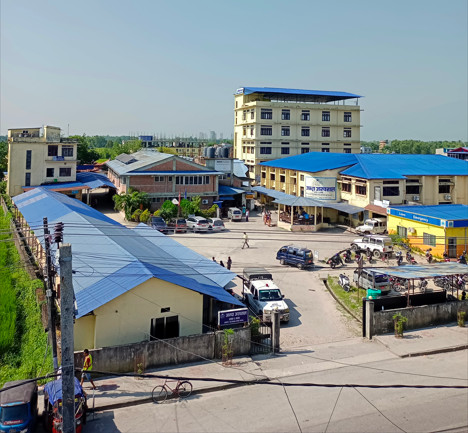
AMDA Hopsital was established as AMDA referral center with the help of AMDA International, and Damak Municipality in November 1992. In 1995, it was upgraded to 30 bed and started working as an implementing partner of UNHCR serving as a primary referral hospital to more than 2/3 Bhutanese Refugees in addition to the local patients. By this time, AMDA Hospital is a popular hospital in eastern Nepal and provides services not only to the refugees and the local municipality, but also to the people from remote districts who need to walk even days to reach this hospital.
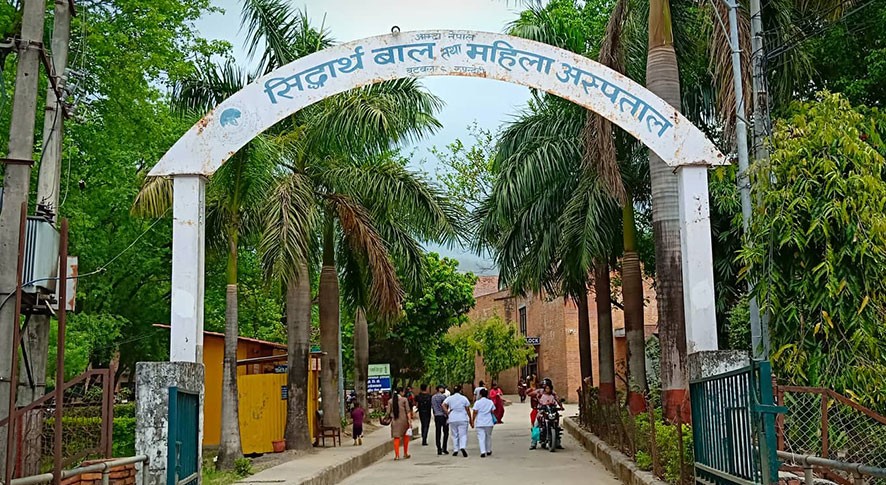
Siddhartha Children & Women Hospital in Butwal (Town in Western Nepal) was established in November 1998. It is a joint initiative of Public Private Partnership; HMG/Nepal, Butwal Municipality, FNCCI and AMDA. This is the first children and women hospital outside the capital city. The hospital provides speciality services for children and women. Hospital is serving the community with more than 100 number of beds.
Popular Japanese newspaper ‘Mainichi' had taken the initiative to raise funds for the construction of this hospital. The hospital is located near to the birthplace of Lord Buddha (Buddhist God). The hospital itself has been named after Buddha's childhood name, Siddhartha.
Butwal Municipality, Butwal Chambers of Commerce and Industries and District Development Committee, Rupandehi supports this hospital for the maintenance and developments.Hospital has understaining with different medical institutes for the field study of medical graduates and post graduates. It has total 10 bighas land received from the government of Nepal. Hospital building, and other blocks are constructed using resource of local stakeholders and the kind support of AMDA Japan.

AMDA Nepal has established a 15 bedded AMDA Mechi Hospital in Dhulabari, Jhapa with support of Embassy of Japan, Mechinagar Municipality and Mechi Chamber of Commerce & Industry (MCCI), Dhulabari. Official inauguration of the hospital was done on 5th December 2008 (2065 Mangsir 20) by His Excellency the Ambassador of Japan to Nepal. Land for the hospital was acquired from a local donor. A tri-patriot MoU has been signed among AMDA Nepal, Mechinagar Municipality and MCCI for the management of hospital at local level. AMDA Mechi Hospital is the only hospital in entire Mechinagar Municipality and has been providing daily general out-patient consultation, medical laboratory services, Digital X-ray service and 24 hours Emergency care services.
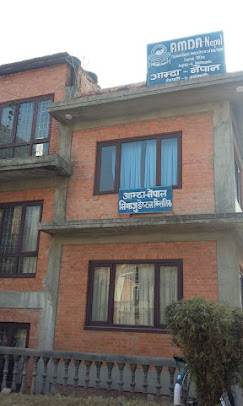
AMDA-Nepal has been providing basic dental check-up and treatment service through its Shimazu Dental Clinic situated in its own building at Jorpati, Kathmandu. Basic clinic services were started from November 1999 with the financial and technical support of Dr. Wataru SHIMAZU, a Japanese volunteer. It provides quality service at minimum cost. This clinic also conducts mobile dental camps in the remote areas to serve the people in need. AMDA has memorandum of understanding with the public community school to promote dental hygiene among the school children, teacher, and community people improving better knowledge and practice. Shimazu dental clinic offers following service, 6 days a week (Sunday to Friday), at 9:00am - 4:00 PM.
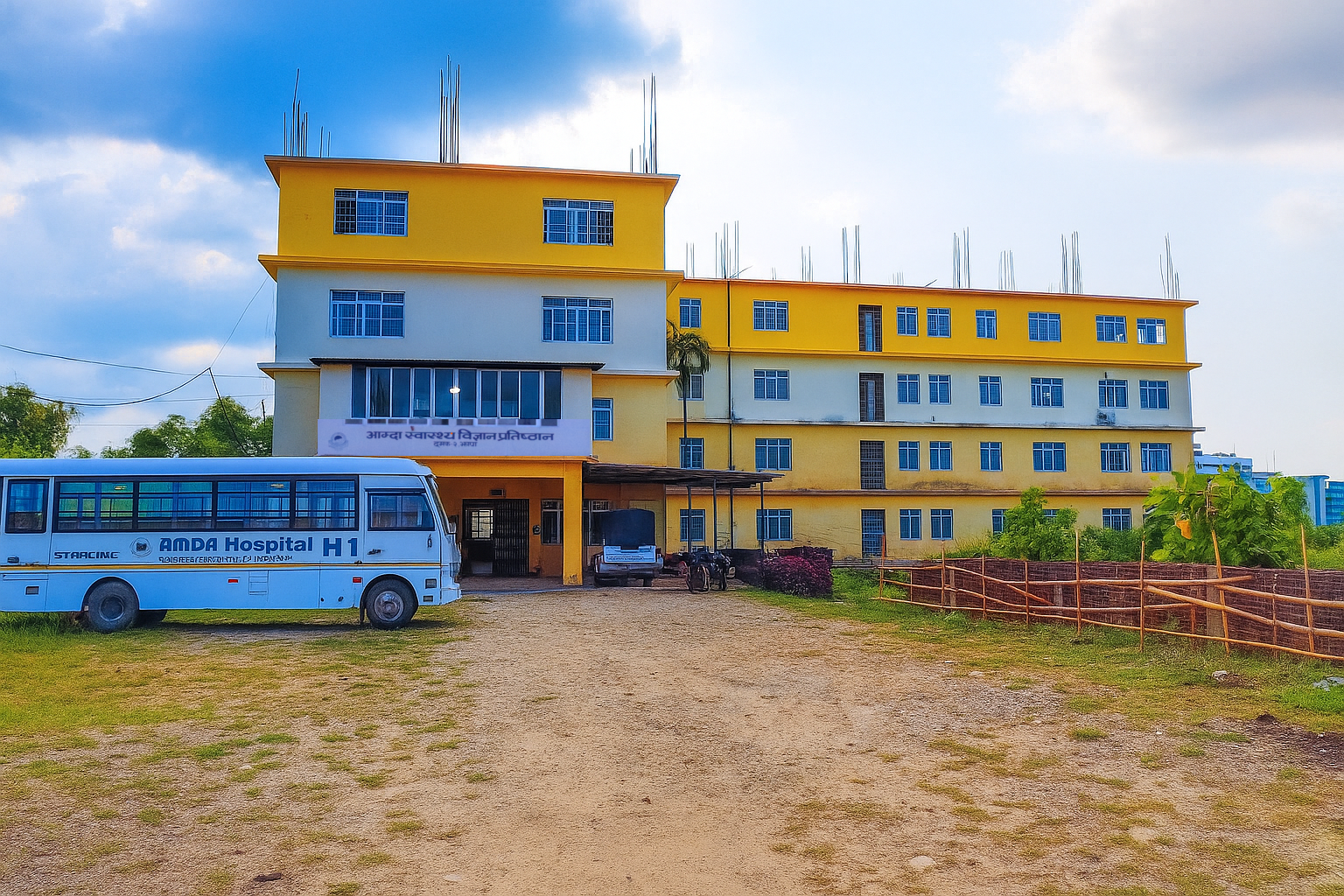
AMDA Nepal established AMDA Health Manpower Development Center under AMDA Hospital with the approval of the Council for Technical Education and Vocational Training (CTEVT) to prepare middle-level health human resources in 1996. In the beginning, Technical School Leveling Certificate (TSLC) level programs: Auxiliary Nurse Midwife (ANM), and Medical Lab Technology (Lab Assistant) were launched. In 1997, Community Medical Assistant (CMA) course was added.
Similarly, in 2008, the Proficiency Certificate Level/Diploma Level Nursing (Staff Nurse) program started. In 2012, AMDA Health Manpower Development Center was renamed as AMDA Institute of Health Science (AIHS).

Since, its establishment in 1989, the Association of Medical Doctors of Asia-Nepal (AMDA-Nepal) has been a key player in advancing healthcare in Nepal. As a chapter of AMDA-International, Japan, AMDA-Nepal is dedicated to humanitarian, non-profit initiatives with a mission to improve the health and well-being of underprivileged and marginalized individuals for a better quality of life.
Siddhartha Children & Women Hospital, established in November 1998, exemplifies collaborative efforts through Public Private Partnership. Supported by various entities, including HMG/Nepal, Butwal Sub-metropolitan City, FNCCI, and AMDA, the hospital, named Siddhartha, specializes in caring for children and women, becoming a vital healthcare hub outside the capital city.
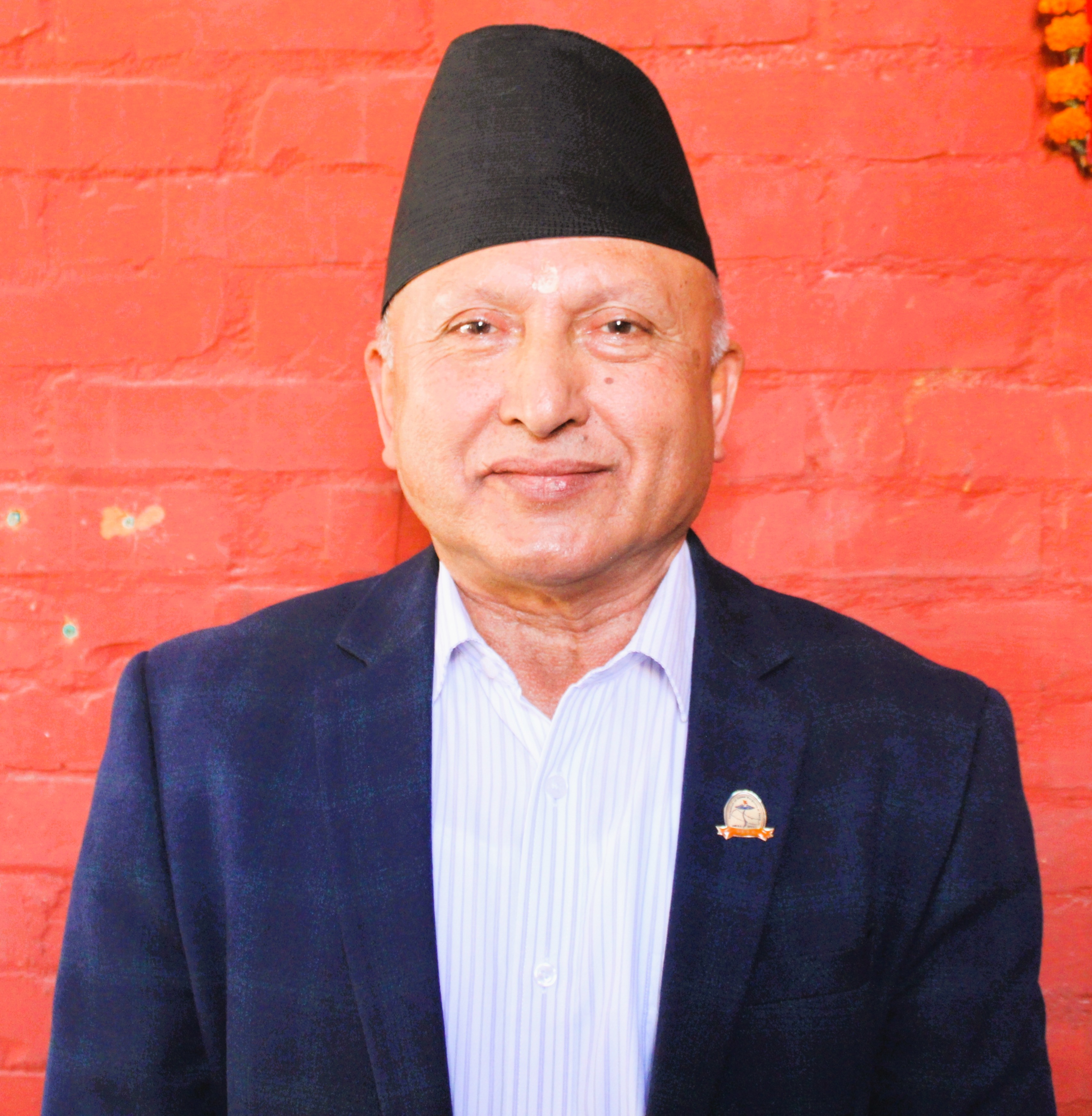
Chairperson
By subscribing to our mailing list you will always be update with the latest news from us.